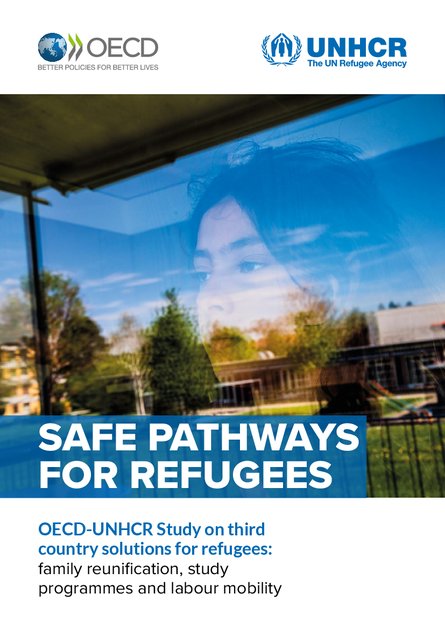
This study is the first, comprehensive mapping exercise of its kind, building on the commitments made by the international community in the 2016 New York Declaration for Refugees and Migrants to improve data collection on resettlement and other pathways for admission of refugees.
“In the current global context of large-scale refugee flows and forced displacement, alternative pathways —family, study and work permits — can play an important contribution. It is hoped that this evidence base can help states further scale up predictable, sustainable and protection-sensitive admission systems,” said Stefano Scarpetta, OECD’s Director for Employment, Labour and Social Affairs.
With developing regions hosting 85 per cent of the world’s refugees, or 16.9 million people, ensuring a more timely, equitable and predictable sharing of responsibilities by increasing access for refugees to move to third countries is a key objective of the Global Compact on Refugees.
Findings from this report will support the development of a three year strategy envisaged by the Global Compact on Refugees to expand resettlement and complementary pathways.
Data in the report will also be updated on a regular basis, with the report intended to be issued by UNHCR and OECD every two years.